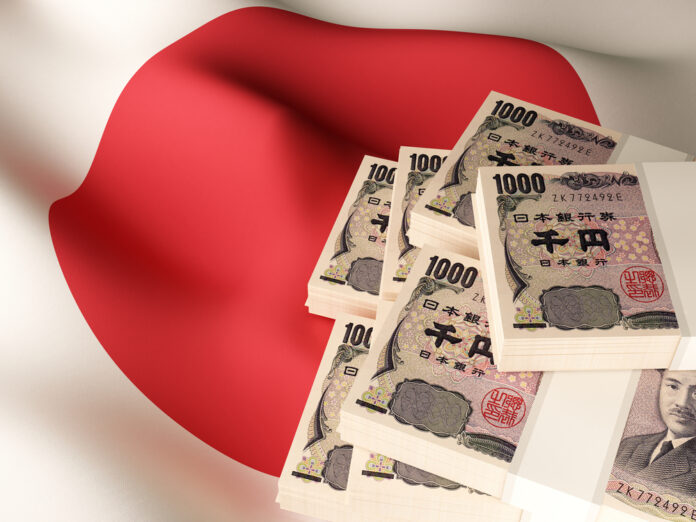The U.S. dollar rose on Wednesday, while Japan’s yen sank after the Bank of Japan tried to calm the turbulent waters by signaling that it will not raise rates further if markets remain highly volatile.
Dollar recovers ground after sharp losses
The dollar gained some ground on Wednesday, helped in part by the yen’s weakness and amid bets that U.S. economic growth will not deteriorate as sharply as markets expect.
The dollar was hit hard by fears of a U.S. economic recession after a series of weak labor market data, which increased bets that the Fed will have to cut rates more than initially expected.
However, market traders have also adjusted their estimates of Fed cuts as the week has moved on, with markets now estimating a 70% chance that the Fed will cut rates by 50 basis points by September, according to CME’s FedWatch tool, compared to 85% the day before.
Similarly, there are analysts who point out that the market trend is considerably higher than it was a week ago, but they suggest that no serious market disruptions have been generated so far that would lead policymakers to intervene.
Euro and sterling in tight spaces.
EUR/USD lost 0.1% to 1.0918, retreating further from Monday’s seven-month high of 1.1009 on the back of the rising dollar
Meanwhile, GBP/USD rose 0.2% to 1.2708, not far from the five-week low it hit last session.
Data released on Wednesday indicated that the U.K. economy grew more than expected in 2022.
The Office for National Statistics said Wednesday that it now believes the U.K. economy grew by 4.8% in 2022, up from an earlier estimate of 4.3%.
Yen plunges sharply after rate hike option is downplayed
In Asia, USD/JPY rose 2.2% to 147.47, with the yen sinking sharply after Bank of Japan officials downplayed the importance of rate hike estimates.
BOJ Deputy Governor Shinichi Uchida noted that the bank will not raise interest rates when markets behave unsteadily, comments generated by volatile movements in Japan’s currency.
All in all, the yen remained well above the 38-year low reached this 2024, and is likely to receive further support as Japan’s economy improves helped by wage growth.
USD/CNY rose 0.4% to 7.1862, and the yuan barely flattened its losses after mixed trade data.
China’s trade balance contracted more than previously thought in July, weighed down by poor exports after the European Unipon imposed heavy tariffs on imports of Chinese-made electric vehicles in early July.
Although Chinese imports beat estimates, fueling some bets on a recovery in local demand.
The focus right now will be on inflation data due out this week.



